14 Key Customer Service Skills For A Positive Experience
Great service experience is the result of good customer service skills that always generate revenues for your company.
Customer satisfaction isn’t a stand-alone variable—it weaves itself throughout the fabric of successful organizations. Businesses that understand this concept are more likely to have an effective customer experience (CX).
Organizations that value customer satisfaction with growth, margin, and profitability are more likely to report customer successes, and 29% are more likely to secure CX budgets.
Good customer support skills are crucial for businesses to maintain a positive reputation. Having strong customer service skills can set you apart from your competitors.
Whether you are a business owner or an employee, implementing effective customer service skills can make a significant difference in customer satisfaction.
Let us explore the vital customer service skills, best practices, and examples to deliver exceptional service every time.
Customer service skills refer to a set of qualities that a support representative possesses to effectively interact with customers and align assistance with expectations. These skills go beyond answering queries or resolving complaints. The main aim is to create a positive experience.
Excellent customer service can transform one-time buyers into loyal advocates, generate positive word-of-mouth marketing, and differentiate a business from its competitors. In an era where customers have numerous options and can easily share their experiences online, strong customer service skills have become a crucial determinant of business success.
Key objective:
Undoubtedly, it is clear now that customer service is a crucial aspect of the success of any business. It is the first point of contact between a company and its customers. It has an eminent role in developing and maintaining customer relationships.
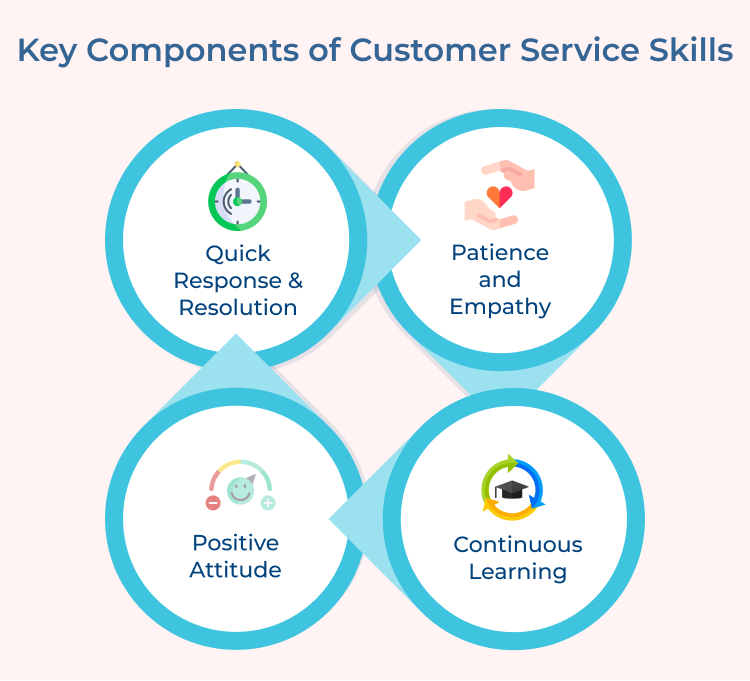
Customers expect quick responses to their queries. Hence it is essential to provide prompt responses, even if you are unable to solve their problems immediately. Convey them that you are working on finding a solution and set clear expectations. Timely follow-ups and updates are also vital to ensure customer satisfaction.
Dealing with frustrated customers can be challenging at times. Customer service reps should remain patient and empathetic, even in difficult situations. They should understand the customers’ perspective and try to address their concerns in an understanding manner. Showing empathy helps in building trust and creating positive customer experiences.
A positive attitude can go a long way in providing excellent customer service. The support reps should approach each interaction with great zeal to help. They should maintain a friendly and professional manner even when faced with challenging situations. A positive attitude helps in creating a delightful customer experience and leaves a long-lasting impression.
Customer service is ever-evolving, hence it needs to stay updated with the latest trends and techniques. The willingness to learn and adapt is an important component of customer service skills. The support representatives should engage in ongoing training to enhance their knowledge and refine their skills. It helps them stay ahead of the curve and provide exceptional customer service.
44% of consumers have reported receiving the wrong answer from a customer service representative. Providing excellent customer service helps companies retain customers and contribute to the overall success of the business.
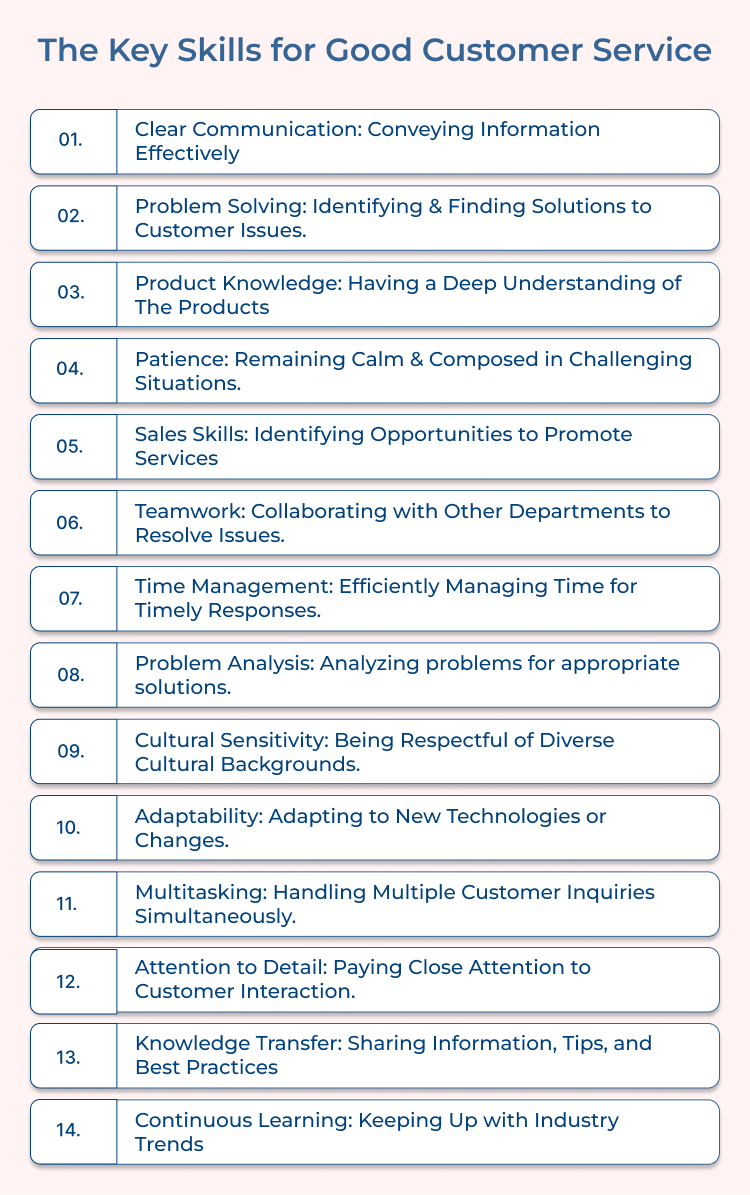
Clear communication is the foundation of good customer service.
Whether you are interacting with customers face-to-face, over the phone, or through written communication, the ability to convey information clearly and concisely is crucial.
When customers reach out to you with issues, they expect prompt and relevant information. By conveying information effectively, you can build trust and credibility with your customers.
Customer Service Skills Best Practices:
Problem-solving in customer service entails actively listening to customer concerns, analyzing the situation, and finding efficient solutions.
Fixing customer issues requires empathy, patience, and effective communication skills to ensure customer satisfaction. It not only resolves immediate concerns but also demonstrates the commitment and dedication of a company to its customers.
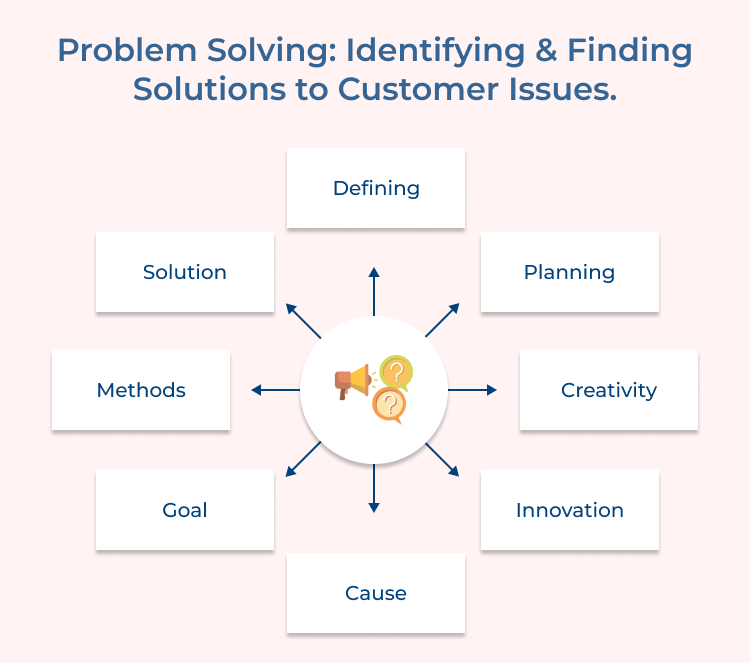
Customer Service Experience Skills Best Practices:
When customers reach out to your business with concerns, they expect knowledgeable and confident responses.
Wrong answers related to products/ services can often cause a bad customer experience.
To avoid that situation, customer service agents need a good understanding of the product and superior customer handling irrespective of the channel they choose to handle queries.
Being a subject matter expert refers to knowing the ins and outs of the products or services your company offers, including their features, benefits, and how they can address customers’ needs or resolve their problems.
Customer Relationship Skills Best Practices:
Patience is important in customer service because it allows representatives to listen attentively to customers and fully understand their concerns.
Staying calm and composed enables the support staff to approach each situation with empathy and find appropriate solutions to resolve any issues. When customers feel heard and understood, they are more likely to be satisfied with the service they receive.
Customer Service Skills Best Practices:
Identifying opportunities is important because it allows businesses to maximize their sales potential. By proactively seeking out prospects and understanding their unique requirements, companies can tailor their approach and offer personalized solutions.
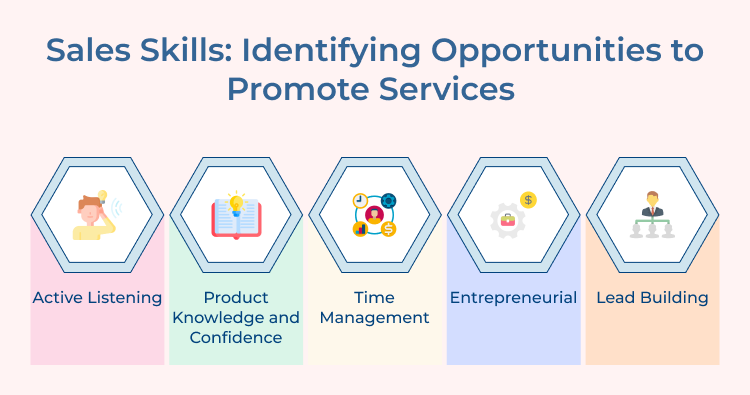
Such opportunities not only increase the chances of closing the sale but also enhance customer satisfaction and loyalty.
Customer Service Experience Skills Best Practices:
Collaboration across departments allows for a more comprehensive understanding of customer needs and enables a holistic approach to problem-solving.
Each department brings its unique expertise and perspective to the table, and by working together. They can address issues from different angles and find the best possible solution.
The collaboration fosters a sense of unity and shared responsibility among team members, creating a positive work environment.
Customer Relationship Skills Best Practices:
Time management in customer service involves prioritizing tasks, setting realistic deadlines, and effectively utilizing available resources.
Managing time efficiently helps ensure that customer inquiries, complaints, or requests are addressed promptly, leaving the customers satisfied and impressed with the level of service.
Customer Service Skills Best Practices:
Problem analysis allows customer service representatives to identify the root cause of an issue and develop solutions tailored to each customer’s specific needs.
The skill involves active listening, empathy, and critical thinking. By thoroughly understanding the problem, customer service professionals can address it accurately and provide satisfactory solutions.
Customer Service Experience Skills Best Practices:
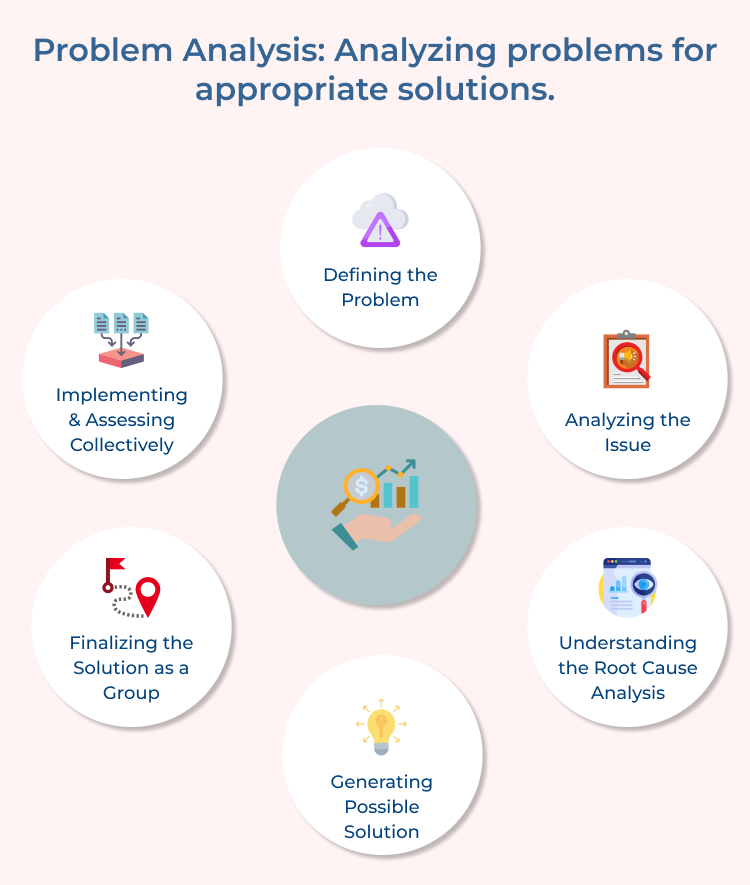
Cultural sensitivity has become an essential skill for individuals, particularly those in customer service roles.
Comprehensively, it refers to being aware and respectful of diverse cultural backgrounds and understanding the impact of cultural differences on people’s thoughts, behaviors, and expectations.
Customer Relationship Skills Best Practices:
Being adaptable means being able to adjust and thrive in constantly changing environments and situations. One of the primary reasons adaptability is important is because it allows individuals and businesses to stay competitive.
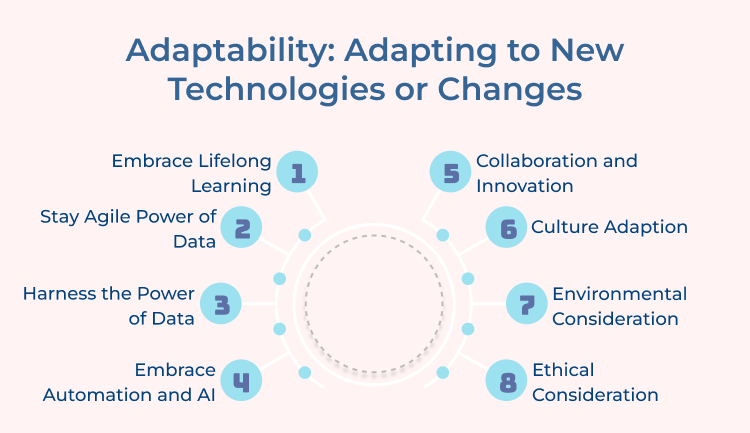
Technology is advancing at an unprecedented rate and those who fail to adapt risk being left behind. By embracing new technologies and changes, businesses can improve efficiency, streamline processes, and provide better customer service.
Customer Service Skills Best Practices:
Handling multiple customer inquiries simultaneously requires the ability to juggle tasks efficiently while providing exceptional service. It allows for quicker response times, increases efficiency, and enhances customer satisfaction.
Being able to handle multiple inquiries simultaneously ensures that no customer is left waiting for an extended period, which can lead to frustration and a negative perception of the company.
Customer Service Experience Skills Best Practices:
Multitasking in customer service involves managing multiple conversations or inquiries while maintaining a high level of professionalism and attentiveness to each customer’s needs.
The process requires excellent communication skills, problem-solving abilities, and the ability to prioritize and manage time effectively.
Customer Service Skills Best Practices:
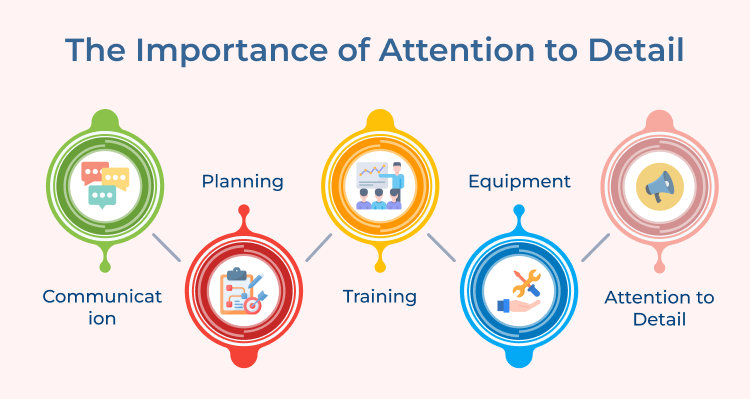
Knowledge transfer is the process of sharing information from one individual or team to another. It enables new employees to quickly learn and adapt to their roles, minimizing the learning curve and increasing efficiency.
The entire process of knowledge transfer prevents the loss of valuable institutional knowledge when employees retire or leave the organization. By sharing best practices and lessons learned, knowledge transfer fosters innovation and continuous improvement.
Customer Service Experience Skills Best Practices:
Every industry is constantly changing and is driven by advancements in technology, shifting consumer preferences as well as emerging trends.
Those who fail to adapt and learn risk being left behind. By staying informed and acquiring new knowledge, professionals can remain relevant and competitive in their respective fields.
Customer Support Skills Best Practices:
Customer service soft skills are essential for success in any business. Whether you’re working in retail, hospitality, or any other customer-facing industry, providing excellent customer service can make all the difference.
Zappos, an online shoe retailer, is well-known for its exceptional customer service. In one instance, a customer who ordered shoes for her mother unfortunately passed away before receiving them.
When the customer called Zappos to return the shoes, the representative not only provided a full refund but also took care of the return shipping and sent flowers to offer condolences.
Takeaway:
The example demonstrates Zappo’s commitment to going above and beyond to make their customers happy. They understand the power of empathy and personalized service, even in difficult situations.
The Ritz-Carlton is renowned for its outstanding customer service. In one particular case, a guest who was staying at their hotel left a valuable item behind. The hotel staff not only found the item but also ensured it was returned to the guest promptly and securely.
Takeaway:
What sets the example apart is the Ritz-Carlton’s ability to anticipate the guest’s needs. Without being asked, they took the initiative to locate and return the lost item, exceeding the guest’s expectations and leaving a lasting impression.
Amazon is known for its efficient and effective customer service. In an instance where a customer received a damaged product, the customer service representative quickly resolved the issue by arranging for a replacement to be sent immediately and providing a prepaid return label for the damaged item.
Takeaway:
The example highlights Amazon’s commitment to solving customer problems swiftly and effortlessly. By delivering a hassle-free solution, they reinforce their reputation for excellent customer service.
Starbucks is a prime example of a company that prioritizes building relationships with its customers. With its “Third Place” philosophy, Starbucks strives to create a welcoming environment where customers feel valued.
Takeaway:
One customer, who had recently undergone surgery and was unable to leave the house, shared their disappointment on social media about missing their daily Starbucks fix. In response, a Starbucks employee personally delivered the customer’s favorite drink with a special message of encouragement.
Businesses must prioritize improving their customer service skills to delight customers and build long-lasting relationships. Happy customers are more likely to become loyal brand advocates and recommend your products/services to others. Providing exceptional customer service should become a mindset, rather than just a set of practices.
Improving customer service skills is a continuous process that requires dedication and practice. By actively listening, showing empathy, and maintaining a positive attitude, you can delight customers as well as contribute to the success of your organization. Remember, satisfied customers are more likely to become loyal advocates for your business.
1. Why are customer service skills important?
Customer service skills are important because they directly impact customer satisfaction and loyalty. When customers have a positive experience with a company’s customer service, they are more likely to become repeat customers and recommend the brand to others. Poor customer service can lead to negative reviews, decreased customer retention, and a damaged reputation.
2. How to nurture excellent customer service skills?
Nurturing excellent customer service skills starts with effective training and ongoing development. Here are a few strategies for enhancing customer service skills in your team:
3. What are the basic customer service skills?
Basic customer service skills include:
4. What are the most important aspects of customer service skills?
While all customer service skills are essential, a few aspects deserve special attention: